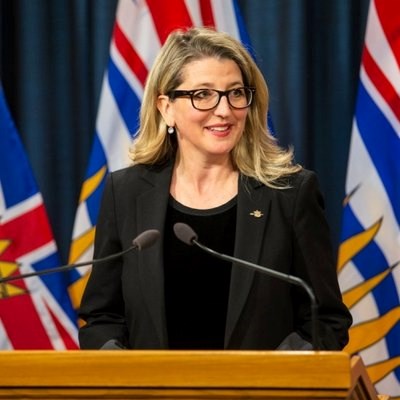The Ministry of Agriculture is considering allowing small secondary homes on farmland, partly to benefit non-farmers living in the Agricultural Land Reserve (ALR).
A statement from the Minister of Agriculture, Lana Popham, to the Richmond News explained how “society has evolved” and how the new policy could benefit those who own farmland but are looking to “generate new income.”
The new proposed policy, released for public feedback on Jan. 27, suggests that a small secondary home – about 90 square metres or about 1,000 square feet - could be allowed on properties in the ALR, not just for farmers and their families, but for “anyone else” as well.
Richmond City Coun. Chak Au called this proposal to allow “anyone else” to live in a secondary home on the ALR a “major departure from the current policy.” He is concerned it will bring back speculation and high land prices to farmland in Richmond.
“This ‘anyone else’ makes me wonder what they’re trying to get into,” Au said.
FarmWatch, a Richmond advocacy group, also expressed initial concerns about the proposed policy, especially that it might reignite speculation on farmland, according to co-chair Michelle Li.
“What has happened over the last several years, with the lack of clear house size limits, the building of mega mansions, and the continued speculation on farmland has been devastating, particularly in the Lower Mainland,” Li explained, adding they are concerned this will allow developers to find loopholes again.
According to the provincial announcement, allowing a new home would be contingent on support from the local government and would not need approval from the Agricultural Land Commission (ALC).
For Au, the fact there is no proposed oversight by the ALC is inconsistent given the land commission has control over other issues in the ALR like cannabis production.
In fact, not requiring ALC approval was a turnaround from the ministry’s initial position – just a week before the proposed policy was made public, the ministry had told the City of Richmond that secondary homes would need ALC approval.
Popham, in her statement to the News, however, said this policy would allow local governments to decide what makes sense in their jurisdiction, recognizing “different local governments may have different requirements regarding building a home in their community.”
Furthermore, she said the criteria for the secondary homes is supported by the ALC, therefore, approval is not needed.



